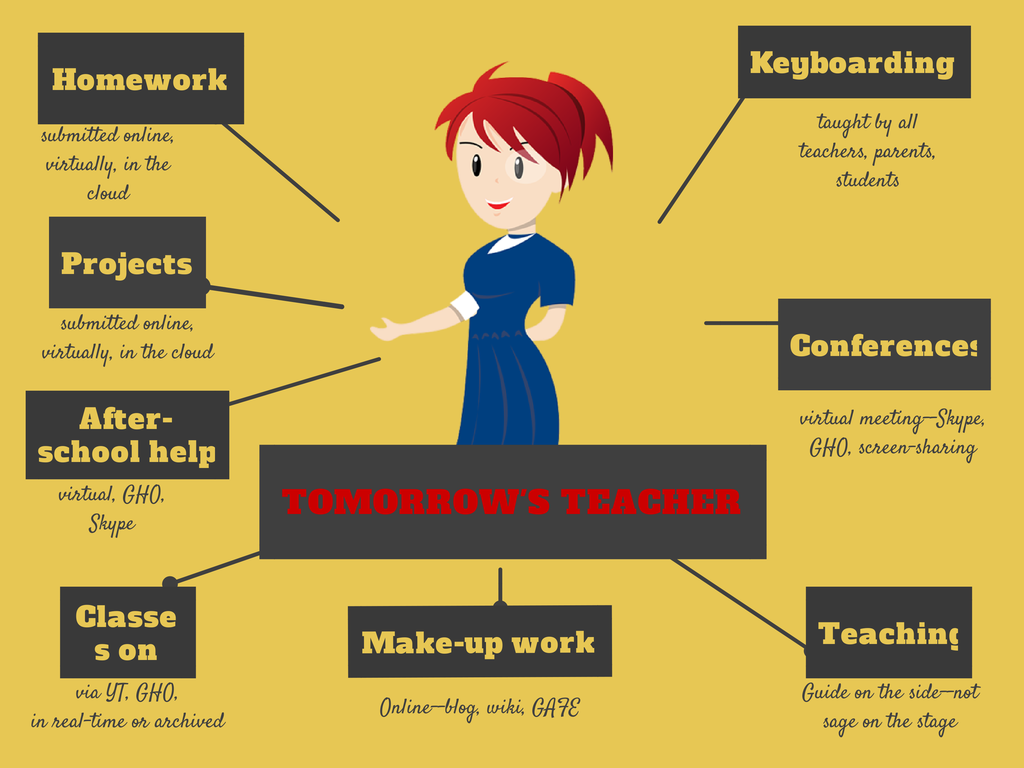 Today, I have a guest post from Matt Quibly, webmaster for a fascinating website called Qui.bly. It has a forum sort of set-up that enables parents to ask child-related tech questions and get answers from like-minded parents and/or professionals. If they don’t want to post inquiries, parents can peruse a list of topics on areas such as gaming, ebooks, the digital future, and more. We were echatting the other day and Matt shared a list of skills he believes kids develop from exposure to technology. See what you think:
Today, I have a guest post from Matt Quibly, webmaster for a fascinating website called Qui.bly. It has a forum sort of set-up that enables parents to ask child-related tech questions and get answers from like-minded parents and/or professionals. If they don’t want to post inquiries, parents can peruse a list of topics on areas such as gaming, ebooks, the digital future, and more. We were echatting the other day and Matt shared a list of skills he believes kids develop from exposure to technology. See what you think:
Research Skills: Knowing how to use search engines can significantly improve a child’s research skills, while browsing can also improve their resourcefulness. If children know how to access useful information and feel engaged in the activity they are more likely to retain information than if they were bored.
Logic and problem solving skills: Online games, apps and video games may actually help to exercise the side of the brain responsible for logic skills. There are many constructive apps and games that challenge a child’s mathematical abilities, hidden object games that can help with improving focus and puzzle games where they may be able to improve spatial reasoning skills, just to name a few.
Responsibility: Real life simulation games like The Sims or Oregon Trail can teach children about responsibility. In The Sims, for example, the player is expected to take care of their character by ensuring it eats, showers, goes to work on time, pays the bills. It also shows that it takes repetitiveness and determination to improve the character’s skills like cooking, gardening, athletics and more.
Time Management: Encouraging a child to make use of a calendar application can aid in teaching them about time management. By using a calendar and setting reminders of deadlines a child can learn to be responsible about turning their homework in on time and not forgetting the after school activities they’ve committed to. Getting into the habit of documenting their time may prevent procrastination.
Interaction and Communication skills: Technology should by no means replace human interaction however, if a child has access to a phone, computer or tablet it facilitates their ability to communicate with their friends and peers in a more immediate and interactive way. The bond between friends can actually become stronger through digital mediums.
Skills like writing, grammar and sentence structuring can also be improved through various fun and engaging apps.
Goal orientation: Some say video games may help with this when the player is expected complete certain goals to reach the next level. The goals get increasingly difficult to achieve as you play the game and may even mean the player stays stuck on a level for days before being able to progress. This may aid in teaching the value of perseverance.
Click here for a list of apps that can teach kids real life skills. Of course you should consider your child’s age and make sure you’re doing your part in protecting them from accessing webpages that are inappropriate.
For more information on Child safe websites, visit Quib.ly, a website embracing technology use by children. You should also bear in mind that while certain technologies may be beneficial for child development, you should set rules for how and when technology is used in your home as to avoid the negative impact that technology overuse can have.
Matt is a parent living in the London and enjoy spending time with my family when not reading or writing. He is a former journalist but currently writing for a cause closer to my heart–the website named for him: Quib.ly. It is an online forum for parents to voice their concern over esafety and online protection for their children. They have experts who provide answers to the parents questions. Or parents can share answers between themselves based on their experience.
Jacqui Murray has been teaching K-18 technology for 30 years. She is the editor/author of over a hundred tech ed resources including a K-12 technology curriculum, K-8 keyboard curriculum, K-8 Digital Citizenship curriculum. She is an adjunct professor in tech ed, Master Teacher, webmaster for four blogs, an Amazon Vine Voice, CSTA presentation reviewer, freelance journalist on tech ed topics, contributor to NEA Today, and author of the tech thrillers, To Hunt a Sub and Twenty-four Days. You can find her resources at Structured Learning.




































